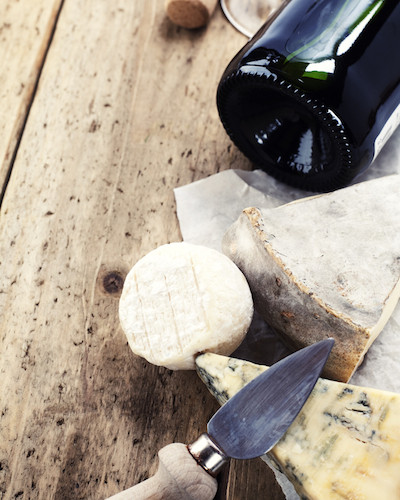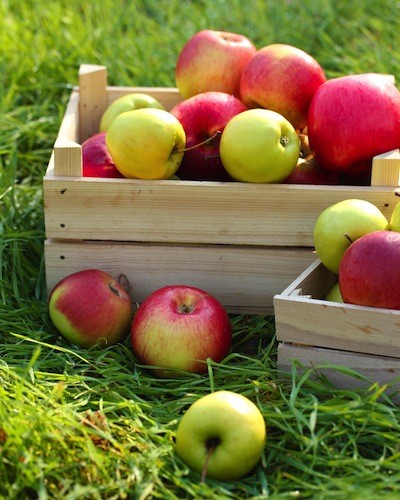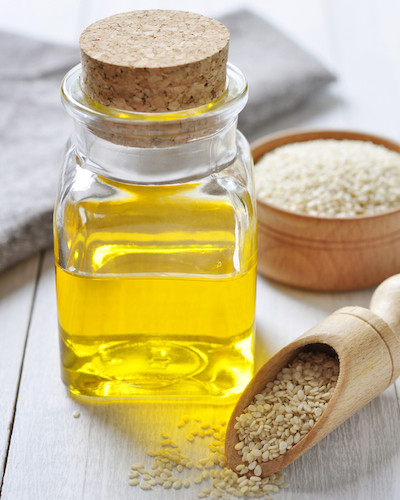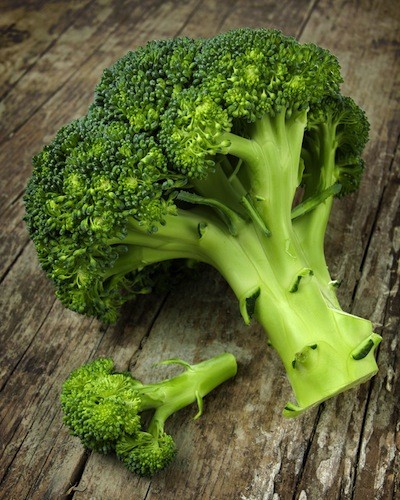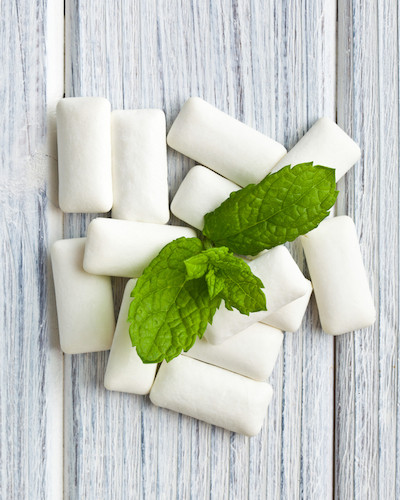It’s certainly important to be aware of foods that should be avoided because of the damage they have on teeth, but why not focus on delicious and nutritious options that can help? Adding some beneficial foods to your dental care routine can boost your oral health and help you maintain that beautiful smile.
You’re probably used to dentists and doctors always telling you what foods to avoid in order to improve your health – the key word is always “don’t.”
This time, however, I’m happy to be the bearer of good news. There are several great foods that you should be eating to improve oral health.
Photo Credit: Shutterstock.com
Cheese
Just in case you needed another reason to enjoy cheese, I’m here to give you one. This study gives us a few reasons this delicious dairy does a mouth good. First, just like milk and other dairy-rich foods, cheese is high in calcium and low in acid. Calcium fortifies teeth (and bones), prevents decay and may even let you keep your pearly whites longer in old age.
Cheese also contains a protein called casein, which is great at stopping bacteria from attaching to teeth. That means that cheese (and milk) can actually help prevent cavities. So, at the next dinner party where you’re parked at the cheese plate, just explain that it’s for your oral health.
Apples
An apple a day might, in fact, help keep the dentist away. Crunchy, high-fiber fruits and veggies, like apples and celery for example, are great for teeth. They require some pretty decent effort to chew and break down, resulting in saliva production, which helps neutralize harmful acids in the mouth.
Additionally, as the food is broken down, it cleans your teeth. The fibrous pieces are natural scrubbers that get rid of some of the bacteria in your mouth as you chew. Fiber-rich foods are also beneficial for digestion and your heart, so you really can’t go wrong.
Sesame Oil
Sesame oil has long been hailed for its health and healing properties. When it comes to oral care, studies show that this oil is highly effective at reducing plaque, and thus, gingivitis. Because it has a fairly strong flavor, it may not be appropriate for all of your cooking needs, but it’s a perfect option for those healthy stir-fries and Asian dishes.
You can even use straight sesame oil in place of a plaque-fighting mouthwash. Oil pulling is an Eastern medicine method that involves gargling with sesame oil. Scientific studies have shownthat swishing around a tablespoon of the stuff can reduce bacteria and even prevent more from forming on teeth. It may not taste as good as your minty mouthwash, but it is a great natural alternative.
Broccoli
While you’ll never hear a good dentist condoning soda, we realize that many people do enjoy the occasional fizzy drink. If you must have one, try eating some broccoli beforehand. A pre-soda broccoli appetizer might sound strange, but a European studyshowed that the iron in the vegetable actually creates a natural acid barrier over teeth. This coating helps prevent the acid in sodas from attaching to teeth and causing cavities. While this doesn’t give you a free license to chug soda, it can be used to help offset the harmful effects of sugary, acidic beverages.
Sugar-free gum
Just like fibrous foods, gum increases saliva, which is your body’s natural defense against the build-up of oral bacteria. Most sugarless chewing gums also contain a natural sweetening ingredient called Xylitol, which actually helps reduce the bacteria that results in tooth decay. However, it may be best to stick to mint-flavored gums because of the acid that other artificial flavorings can contain.

